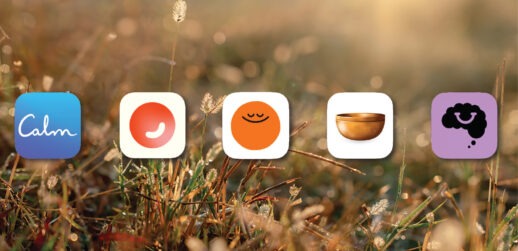Sometimes taking a red-eye flight is inevitable—it enables people to arrive at a destination at a desired time, thereby maximizing their time there. Some people have difficulty sleeping on planes, however, and upon arrival, especially those riding in coach then often drudge through daylight hours in zombie-mode or waste valuable time snoozing. Whether you’re riding through the night or just need to catch up on your zzzs, these expert tips will help you doze off—without a prescription.
1. Support Your Lumbar
In-flight comfort relies heavily on your body’s position. Even though a window seat is ideal, we aren’t always so lucky. Focus on your lower spine (lumbar) support. Reclining your chair relieves pressure to your lower back area. Sitting upright is a good option, but only if you have strong abdominal muscles.
Simply use a lumbar pillow, or any other soft cushion that can support the curvature in your lower back, thereby preventing in-flight strain and post-flight aches. And always avoid leaning forward: This is the worst position for your back, as it puts stress on spinal discs.
2. Bring Something Cozy
Try to make your environment as homey as you can, just as you do in a hotel room. Soft socks, a big sweatshirt or anything else that feels both personal and soothing will help get you to sleep. Pair it with a relaxing playlist, close your eyes and pretend you’re in your bed.
3. Keep it Dark
Don’t underestimate the role of darkness in falling asleep. Light suppresses the release of melatonin, a sleeping hormone released by your body. So, shut out any light. On a night flight, this usually just means using screens. Since you can’t control what everyone around you is doing, bring a comfortable mask as a back-up.
4. Refuse the Easy Way Out
Taking an over-the-counter sleeping aid can hit hard and fast. However, because these medications typically have antihistamines in them, they usually linger for quite a while. You won’t get a quality sleep and you’ll likely wake up still feeling drowsy.
Instead, try melatonin. It’s a hormone naturally produced by your body, with a shorter duration. Similarly, try to avoid using alcohol to sleep. It might help you fall asleep (and taste pleasant), but it will disrupt your sleeping cycles and likely have you awake and thirsty within a few hours.
5. Eat First
Aim to eat a meal at least two hours before trying to sleep. Sizable portions force your heart to work harder, pumping blood to the stomach and intestines. Eating (especially airport and airplane food) could also contribute to you feeling thirsty later, which wakes you up and could very well result in additional trips to the bathroom.




